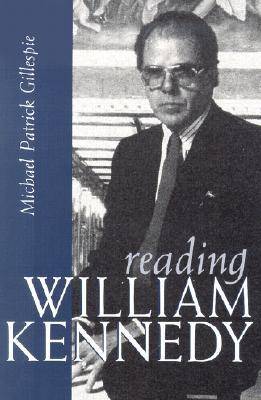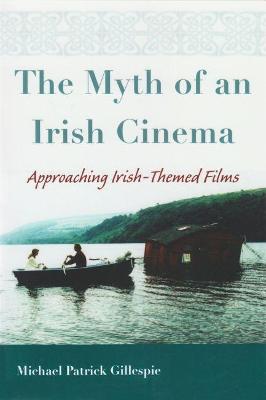Irish Studies
2 total works
This text provides an introduction to students and others interested in William Kennedy's work. It provides an analysis of Kennedy's best-known works, a firm base for interpretation, and a better understanding of the cultural world that shapes the characters and plots. Rather than laying down what one should see when reading Kennedy's works, the text moves to the next stage of exploring diverse responses to Kennedy's canon, broadening the reader's awareness of the range of alternative strategies and perspective. It begins with an introduction that lays out the imaginative context for Kennedy's work. Subsequent chapters, in three parts, provide extended treatments of his early work, key elements in the first three Albany novels, and finally the maturity of his overall fiction.
For the past seventy years the discipline of film studies has widely invoked the term national cinema. Such a concept suggests a unified identity with distinct cultural narratives. As the current debate over the meaning of nation and nationalism has made thoughtful readers question the term, its application to the field of film studies has become the subject of recent interrogation. In ""The Myth of an Irish Cinema"", Michael Patrick Gillespie presents a groundbreaking challenge to the traditional view of filmmaking, contesting the existence of an Irish national cinema. Given the social, economic, and cultural complexity of contemporary Irish identity, Gillespie argues, filmmakers can no longer present Irishness as a monolithic entity.The book is arranged thematically, with chapters exploring cinematic representation of the middle class, urban life, rural life, religion, and politics. Offering close readings of Irish-themed films, Gillespie identifies a variety of interpretative approaches based on the diverse elements that define national character. Covering a wide range of films, from John Ford's ""The Quiet Man"" and Kirk Jones' ""Waking Ned Devine"" to Bob Quinn's controversial ""Budawanny"" and ""The Bishop's Story"", ""The Myth of an Irish Cinema"" signals a paradigm shift in the field of film studies and promises to reinvigorate dialogue on the subject of national cinema.

